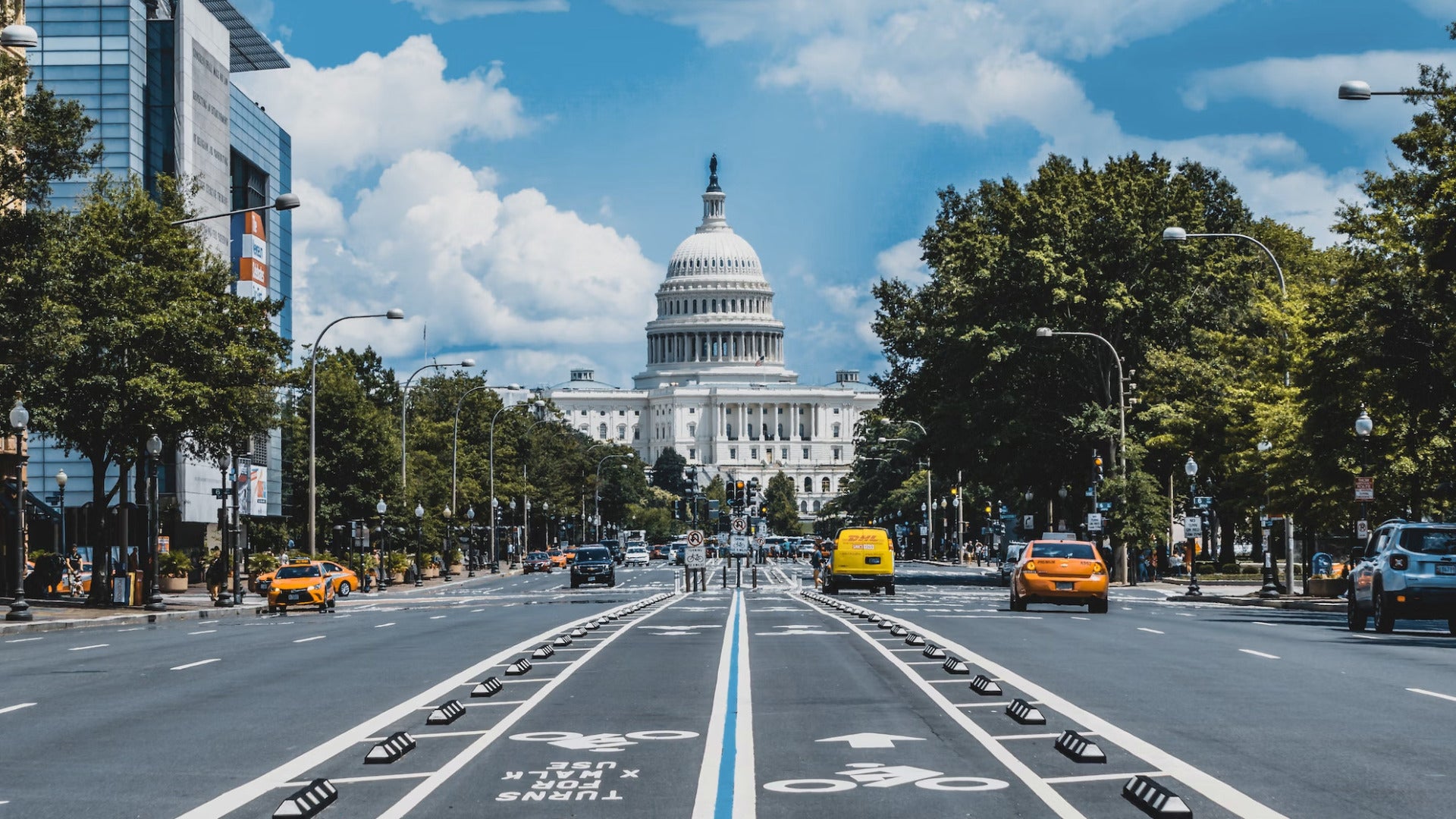Wednesday, January 20th will be remembered not only for the inauguration of Joe Biden, but for the end of a presidency that divided Americans more than ever before.
You would be hard pressed to find a group more eager than Gen Z – or young Americans born roughly between 1995-2010 – for the inauguration of a president who promotes the “we” over “us vs. them.”
Over the final year of Donald Trump’s presidency, Springtide Research Institute surveyed over 10,000 young people between the ages of 13-25 and interviewed over 150 more about a range of issues including spirituality and politics.
What we discovered is that young people are embracing pluralism in America and are pining for opportunities to have empathetic and productive conversations about the issues dividing us. Large majorities of young people want to have open conversations about differences (77%) and agree it is important to educate oneself about the views of others (84%). Despite the seeds of distrust sewn over the last four years, majorities of young people say they trust their neighbors representing other religions (66%) and nationalities (74%).
When animated by communities and leaders who trust each other, pluralism demonstrated its power to supplant alternative visions for America.
During his campaign, Biden modeled the attitudes and behaviors young people value. He maintained a posture of understanding and refused to demonize his political opponents. He developed diverse coalitions of supporters and partners, including in the faith sector. His faith outreach team, led by Josh Dickson, weaved together the voices of evangelicals, Muslims, Jews, Sikhs, and others who saw the value in working together, despite differences in their most deeply held beliefs. These efforts paid off in a big way: historically large voting numbers from religious minority groups like Muslims and Sikhs, as well as Biden’s improvement from four years ago among historically-Republican evangelical voters, was critical to sealing his victory.
For young people, Biden’s winning strategy is reassurance that pluralism is more than just a naïve ideal or nice theory. When animated by communities and leaders who trust each other, pluralism demonstrated its power to supplant alternative visions for America, like tribalism and nativism, that threaten our common bonds and undermine America’s promise in the world.
Too often, religious identities and resources are left out of efforts to promote reconciliation or justice in our society. Yet, our problems are not devoid of religious and spiritual influences and neither will the solutions be.
Furthermore, Biden’s victory underscores the importance of leaning into religious pluralism when pushing for change. Too often, religious identities and resources are left out of efforts to promote reconciliation or justice in our society. Yet, our problems are not devoid of religious and spiritual influences (e.g., the religious symbolism that accompanied the insurrection of the Capitol) and neither will the solutions be.
Biden’s appeal to the aspirations and values of young voters made a clear difference in the outcome of the election. Young people turned out in record numbers to vote, and they voted for Biden over Trump by a nearly 2:1 margin. While Biden’s support among young voters eclipsed Hillary Clinton’s four years earlier, Trump lost ground with young voters, especially in key battleground states.
Of course, time will tell whether Biden makes good on his campaign appeals to young Americans. “I supported Biden from the start…mostly because he is a bridge-builder,” Ashley Lynn Priore, founder of Youth Political Strategies, told Progressive. Priore struggled, however, to connect with the Biden administration on youth issues. “I spent months trying to connect with someone from Biden’s campaign,” she said. Another point of frustration for Priore is that young people are not yet represented in the Biden-Harris administration, despite making up a sizeable portion of the American public. “Where are the young people who make up the largest sector of the population? Where are the youth advisers?” she exclaimed.
Nevertheless, what can be acknowledged is this: It’s at least possible under President Biden that young people can look to their president for cues on how to navigate pluralism – even religious pluralism – in our society. He may be the oldest sitting President in American history, but Biden is giving the kids what they want: An approach to navigating differences that is more intent on understanding and building common bonds than tearing one another down.
Kevin Singer (@kevinsinger0) is Head of Media and Public Relations at Springtide Research Institute.
Dr. Josh Packard (@drjoshpackard) is Executive Director of Springtide Research Institute.
The Inclusive America Project is committed to advancing a thriving US Religious Pluralism and believes an important step to achieving this goal is sharing diverse voices and ideas across our platforms. In this spirit, we are pleased to publish blogs written by external authors working in and around the space.
The views and opinions expressed in this blog do not necessarily reflect those of the Aspen Institute.

